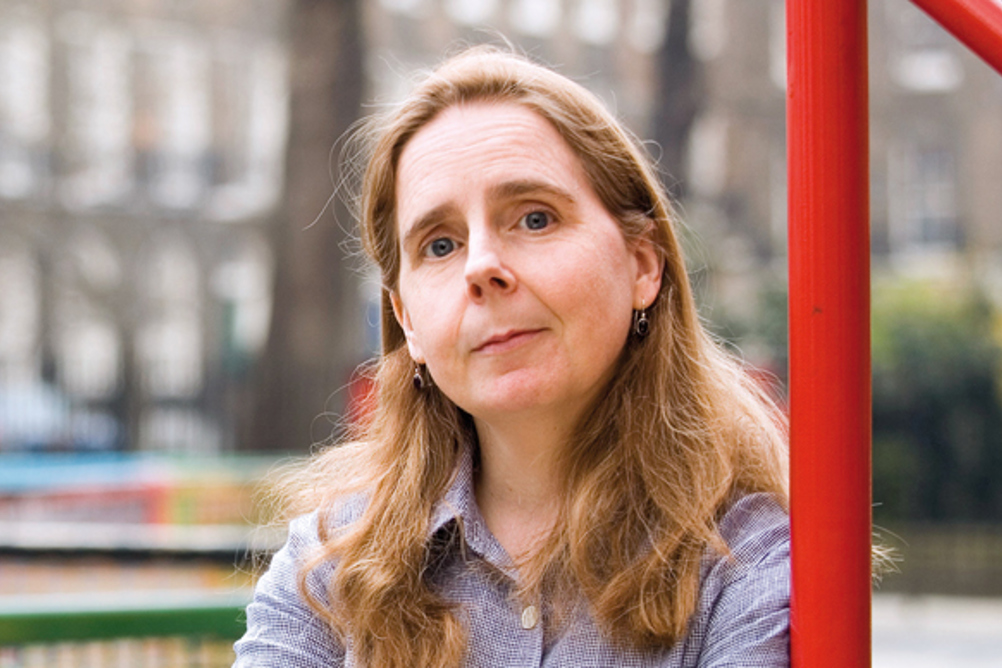
Provisions contained in the new Children and Social Work Bill, which was laid before parliament last week, are intended to give councils the ability “to test different ways of working” within children's services.
Any requests made under clause 15 of the bill will have to be signed off by the Education Secretary, who will have the power to “exempt a local authority in England from a requirement imposed by children's social care legislation”.
Children's social care legislation is listed in the bill as including the first schedule of the Local Authority Social Services Act 1970, which contains the entirety of the Children Act 1989 among its provisions.
The act includes requirements on councils to safeguard and promote the welfare of children within their area who are in need. The local authority should provide a range and level of services that are “appropriate to those children's needs”.
Another key principle of the act is that children are best looked after within their families, unless compulsory intervention is necessary. The act also includes a duty for local authorities to return a looked-after child to their family unless it is against their interests.
Carolyne Willow, director of children's rights charity Article 39, said clause 15 of the bill poses a “huge threat” to the rights of vulnerable children and young people.
“The government has served notice that it is prepared to surrender hundreds of protections and entitlements that have developed over the past quarter century to keep children safe and well looked after,” she said.
“If clause 15 is passed, local authorities will be empowered to request to be excused from meeting any of their legal obligations under the Children Act 1989.
“This includes duties to investigate significant harm, to provide accommodation for looked-after children, to support care leavers, to operate statutory complaints procedures and to appoint independent advocates and visitors for children in care.”
Under the proposed legislation, local authorities will have to consult with their local safeguarding children board before applying for an exemption. The Secretary of State for Education would then be required to consult with the children's commissioner and the chief inspector of Ofsted before deciding whether the exemption should go ahead.
Proposed exemptions would only then be granted if they are approved by the House of Commons through a procedure called affirmative resolution.
Earlier this week CYP Now reported that the bill could potentially allow exemptions from children's services inspections, and for councils not to be subject to inquiries held by the Children's Commissioner for England.
Appearing before the education select committee on Wednesday, children's minister Edward Timpson said he would examine the proposals in relation to any potential impact on the role of the children's commissioner.
Timpson also suggested that the fact that proposals for exemptions by councils would have to be agreed by MPs – through affirmative resolution – would ensure proper scrutiny.
“I think that’s an important safeguard, so that parliament can be confident that changes to their responsibilities are based around that very strong principle of making sure that it keeps children safer and in better care,” he said.
Register Now to Continue Reading
Thank you for visiting Children & Young People Now and making use of our archive of more than 60,000 expert features, topics hubs, case studies and policy updates. Why not register today and enjoy the following great benefits:
What's Included
-
Free access to 4 subscriber-only articles per month
-
Email newsletter providing advice and guidance across the sector
Already have an account? Sign in here

